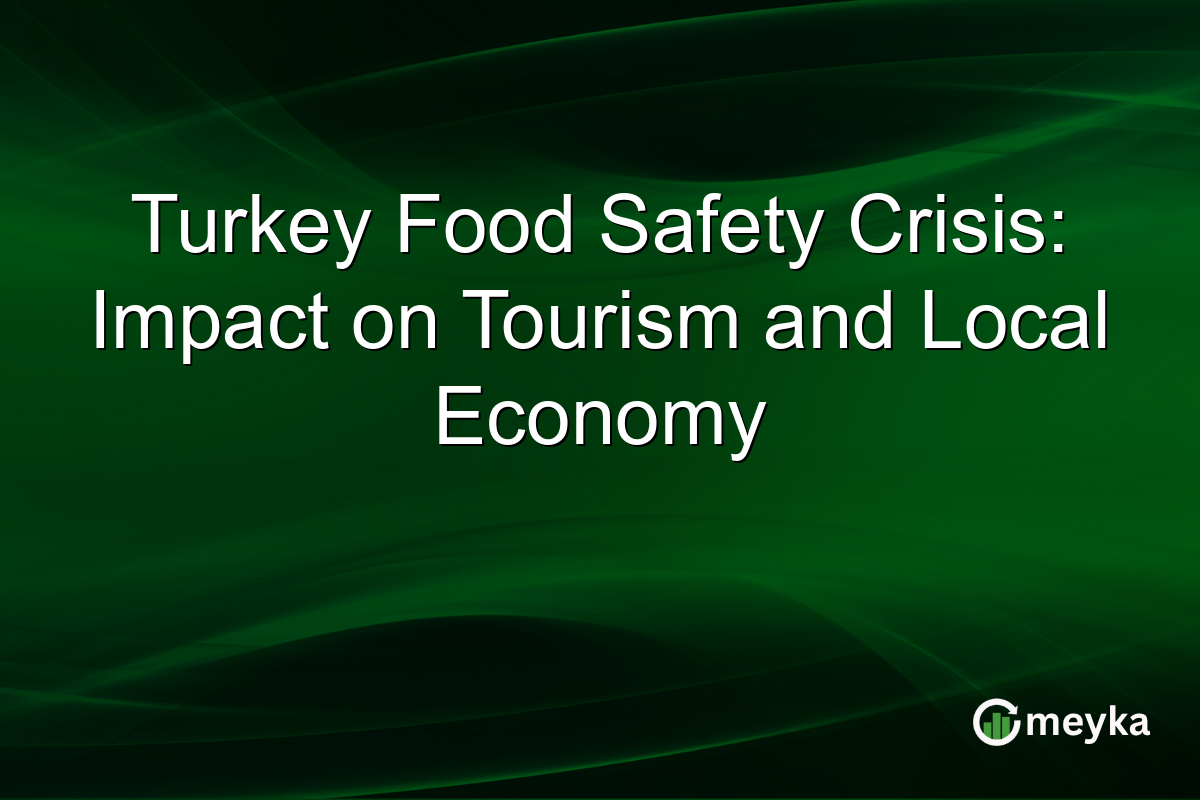Turkey Food Safety Crisis: Impact on Tourism and Local Economy
The recent Turkey food safety crisis has taken center stage following tragic food poisoning cases in Istanbul. These incidents not only highlight significant public health concerns but also pose a severe threat to the country’s tourism industry. With Turkey as a favored destination for its vibrant street food culture, any hint of danger could deter international visitors and stress the local economy. Ongoing investigations into these incidents reveal the urgent need for strengthened health and safety regulations.
Continue Reading on Meyka
This article is available in full on our main platform. Get access to complete analysis, stock insights, and more.
Read Full Article →





